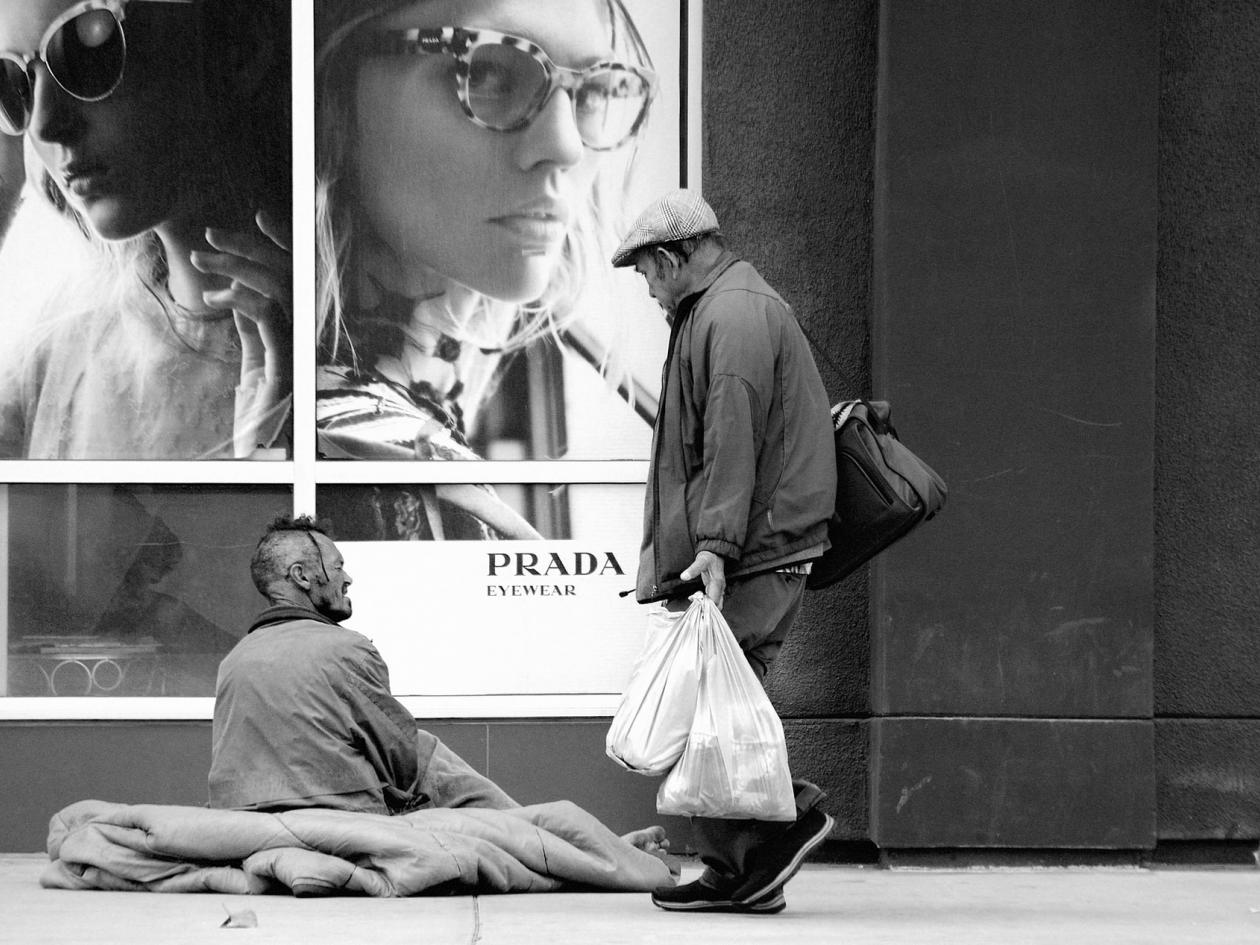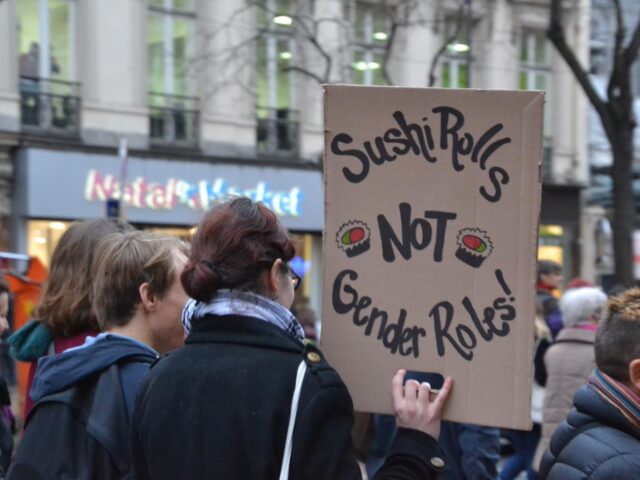A puzzle has emerged amid rising inequality: why do people profess high levels of belief in meritocracy – the idea that people advance on the basis of their own merits – even as income gains are increasingly concentrated at the top?
In light of contradictory theories and evidence from the United States, we used Understanding Society data and data from the English Atlas of Inequality to assess the relationship between local income inequality and meritocratic beliefs in England.
We address two research questions. First, how do local contexts shape individual belief in the meritocratic ideal: that hard work is the route to financial security and success? Second, does the effect of local income inequality depend on individual financial circumstances?
Using the data
We measure meritocratic beliefs using responses to a question in Wave 5 of Understanding Society, where participants were asked how much they agreed or disagreed with the statement “I have always felt like my hard work would pay off in the end”. The graph below shows that meritocratic beliefs were notably high across the sample as a whole: on a scale of 0 to 100, the most common response was 100 or strongly agree.
We measured local income inequality at the local authority district (LAD) level using the Gini coefficient, a metric which ranges from 0 to 1, where 0 would indicate that income is equally shared among all residents of an area and 1 that all income is held by a single person or household. Since Gini coefficients can be skewed by the presence of a very small number of very wealthy people, we also check our results with a second measure, which is a simple ratio of the 80th percentile of net household income in each LAD divided by the 20th percentile.
On both measures, Kensington and Chelsea emerges as the most unequal place in Britain while Boston in Lincolnshire is the most equal.
What we found
We found the positive relationship between country-level income inequality and meritocratic beliefs identified in previous research does not translate below country level: there was no meaningful relationship between the level of local income inequality and meritocratic beliefs in England across the sample as a whole.
However, we also found that higher levels of inequality are associated with stronger meritocratic beliefs among low-income respondents. Respondents with household incomes of £10,000 (in dark grey in the graphic below) were five times more likely to believe their hard work will pay off if they live in very unequal places like Kensington and Chelsea, irrespective of how we measured local income inequality.
Why might this be?
Why do low income respondents in more unequal areas tend to express stronger meritocratic beliefs? We explored this issue by undertaking additional analysis of the relationship between local income inequality and income satisfaction. Rather surprisingly, we found that low income respondents living in unequal places were also notably more satisfied with their own (low) income than similar respondents in more equal areas.
On this basis, we have proposed a system justification theory explanation of our findings. System justification theory maintains that people have an inherent need to see the status quo as good and fair, irrespective of whether the status quo is personally beneficial.
For low-income respondents, who regularly see and interact with people who are much richer than they are, we propose that meritocratic ideology serves a dual purpose. Though it legitimates their current position at the bottom of the economic hierarchy, it also holds out the promise that advancement is still possible.
Implications
These findings tell us something about how income inequality affects both individuals and society as a whole. Firstly, our findings reduce cause for concern about the psychological effects of high local income inequality on the most economically vulnerable members of society: it seems that belief in meritocracy can serve as an important tool of resilience for low-income individuals who regularly come into contact with others much better off than they are.
However the paradox of local inequality is that the same resilience potentially contributes to the justification and maintenance of the same economic order that produced these economic vulnerabilities in the first place.
Authors

Katy Morris
Katy Morris is a researcher at the LIVES Centre (the Swiss Centre of Expertise in Life Course Research) at the University of Lausanne

Felix Bühlmann
Felix Bühlmann is an associate professor in the Faculty of Social and Political Sciences at the University of Lausanne

Nicolas Sommet
Nicolas Sommet is a lecturer in social psychology in the LIVES Centre at the University of Lausanne

Leen Vandecasteele
Leen Vandecasteele is an associate professor in comparative social policy at the University of Lausanne






